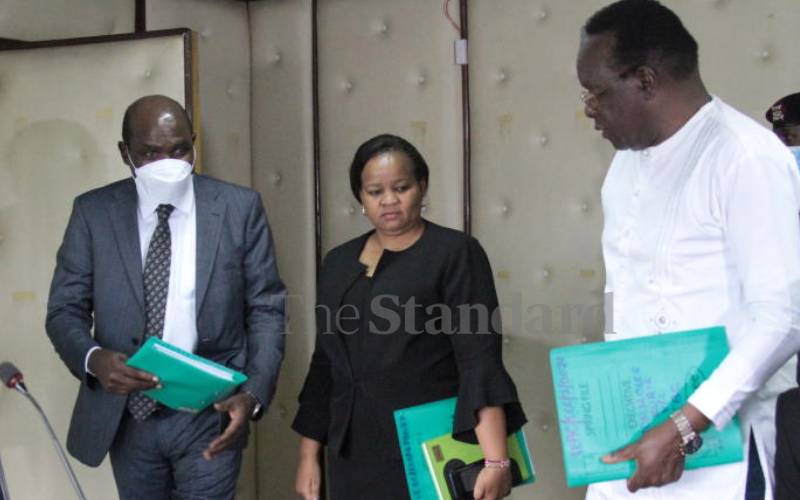×
The Standard e-Paper
Join Thousands Daily

The Independent Electoral and Boundaries Commission (IEBC) will reduce the nomination fees for women and other special interest groups vying for various political seats by half.
IEBC vice-chairperson Juliana Cherera said the commission understands the economic position of women and other special interest groups when vying for seats.